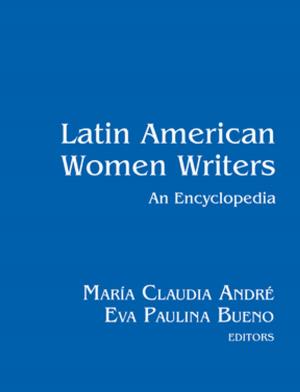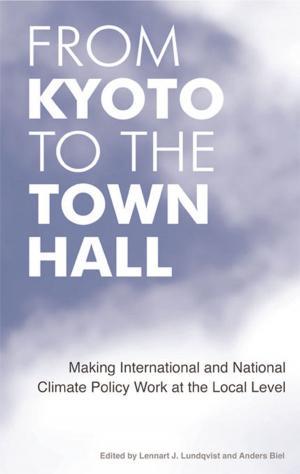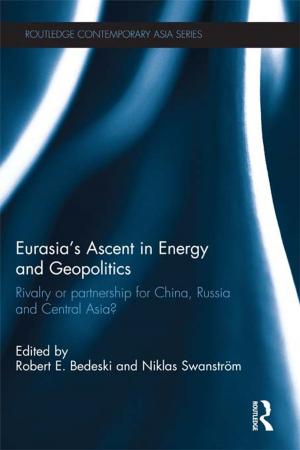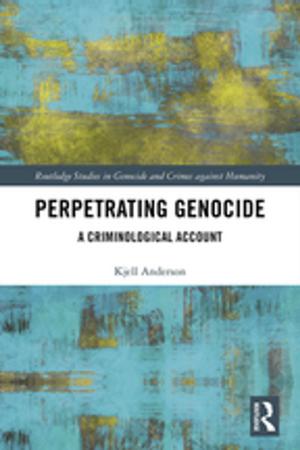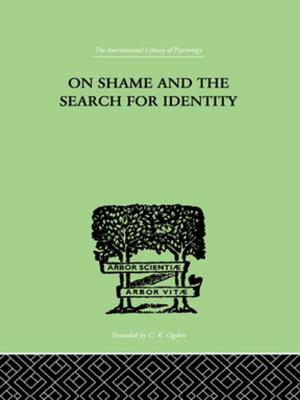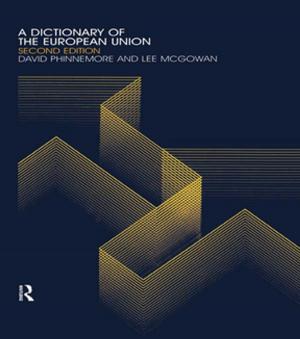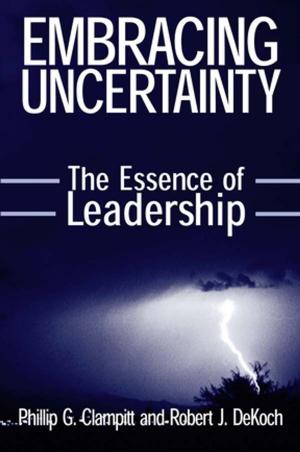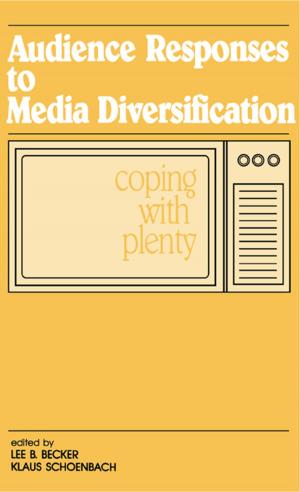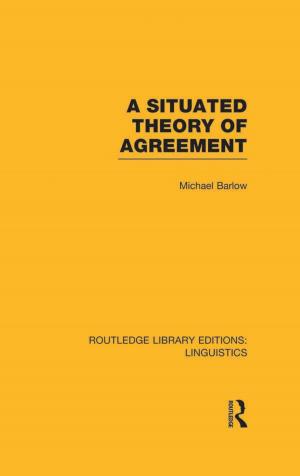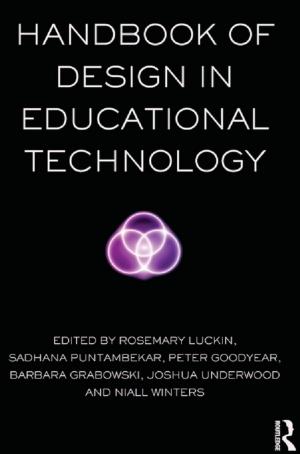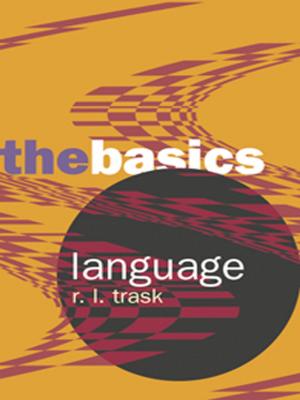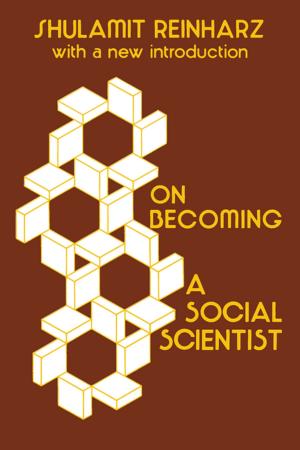Plenitude of Power
The Doctrines and Exercise of Authority in the Middle Ages: Essays in Memory of Robert Louis Benson
Nonfiction, History| Author: | ISBN: | 9781317079712 | |
| Publisher: | Taylor and Francis | Publication: | April 22, 2016 |
| Imprint: | Routledge | Language: | English |
| Author: | |
| ISBN: | 9781317079712 |
| Publisher: | Taylor and Francis |
| Publication: | April 22, 2016 |
| Imprint: | Routledge |
| Language: | English |
'I study power' - so Robert Louis Benson described his work as a scholar of medieval history. This volume unites papers by a number of his students dealing with matters central to Benson's historical interests - ecclesiastical institutions and administration, emperorship and papacy, canon law, political ideology, and historiography. The justification and exercise of political power is considered in two chapters that look at how the hagiography of a late Roman military saint, Maurice, was harnessed in the 11th century to the discussion of the power exercised by both emperor and pope, and how both pious purpose and political pretext animated the Hohenstaufen emperors' suppression of heresy. Three subsequent chapters focus on the Church: a study of the legal commentaries that taught that the 'authority to bind and loose' in a specific ecclesiastical matter could be determined by the opinions of 'the elders of the province'; an argument that Innocent III's administration of the Roman church represented a model for the ordering of all Christian society; and an inquiry into the doctrinal formation of the 'territorial principle' in the exercise of jurisdiction by papal legates. The late Middle Ages provides the focus for two additional studies, namely an exploration of the issues of power and authority in the charitable institutions of Cologne in the 13th-14th centuries, and the argument that the current desire for universal standards of governmental conduct in the area of basic human rights hearkens back to natural law theory as outlined in the 15th century by Nicholas of Cusa. Two historiographical studies round out the volume: an estimation of modern research regarding the political theology of late antiquity, and a reflection on Benson's own contribution to historical scholarship. Together, these papers both epitomize and further develop Benson's distinctive approach to the study of the Middle Ages, while themselves making their own important contribution.
'I study power' - so Robert Louis Benson described his work as a scholar of medieval history. This volume unites papers by a number of his students dealing with matters central to Benson's historical interests - ecclesiastical institutions and administration, emperorship and papacy, canon law, political ideology, and historiography. The justification and exercise of political power is considered in two chapters that look at how the hagiography of a late Roman military saint, Maurice, was harnessed in the 11th century to the discussion of the power exercised by both emperor and pope, and how both pious purpose and political pretext animated the Hohenstaufen emperors' suppression of heresy. Three subsequent chapters focus on the Church: a study of the legal commentaries that taught that the 'authority to bind and loose' in a specific ecclesiastical matter could be determined by the opinions of 'the elders of the province'; an argument that Innocent III's administration of the Roman church represented a model for the ordering of all Christian society; and an inquiry into the doctrinal formation of the 'territorial principle' in the exercise of jurisdiction by papal legates. The late Middle Ages provides the focus for two additional studies, namely an exploration of the issues of power and authority in the charitable institutions of Cologne in the 13th-14th centuries, and the argument that the current desire for universal standards of governmental conduct in the area of basic human rights hearkens back to natural law theory as outlined in the 15th century by Nicholas of Cusa. Two historiographical studies round out the volume: an estimation of modern research regarding the political theology of late antiquity, and a reflection on Benson's own contribution to historical scholarship. Together, these papers both epitomize and further develop Benson's distinctive approach to the study of the Middle Ages, while themselves making their own important contribution.

